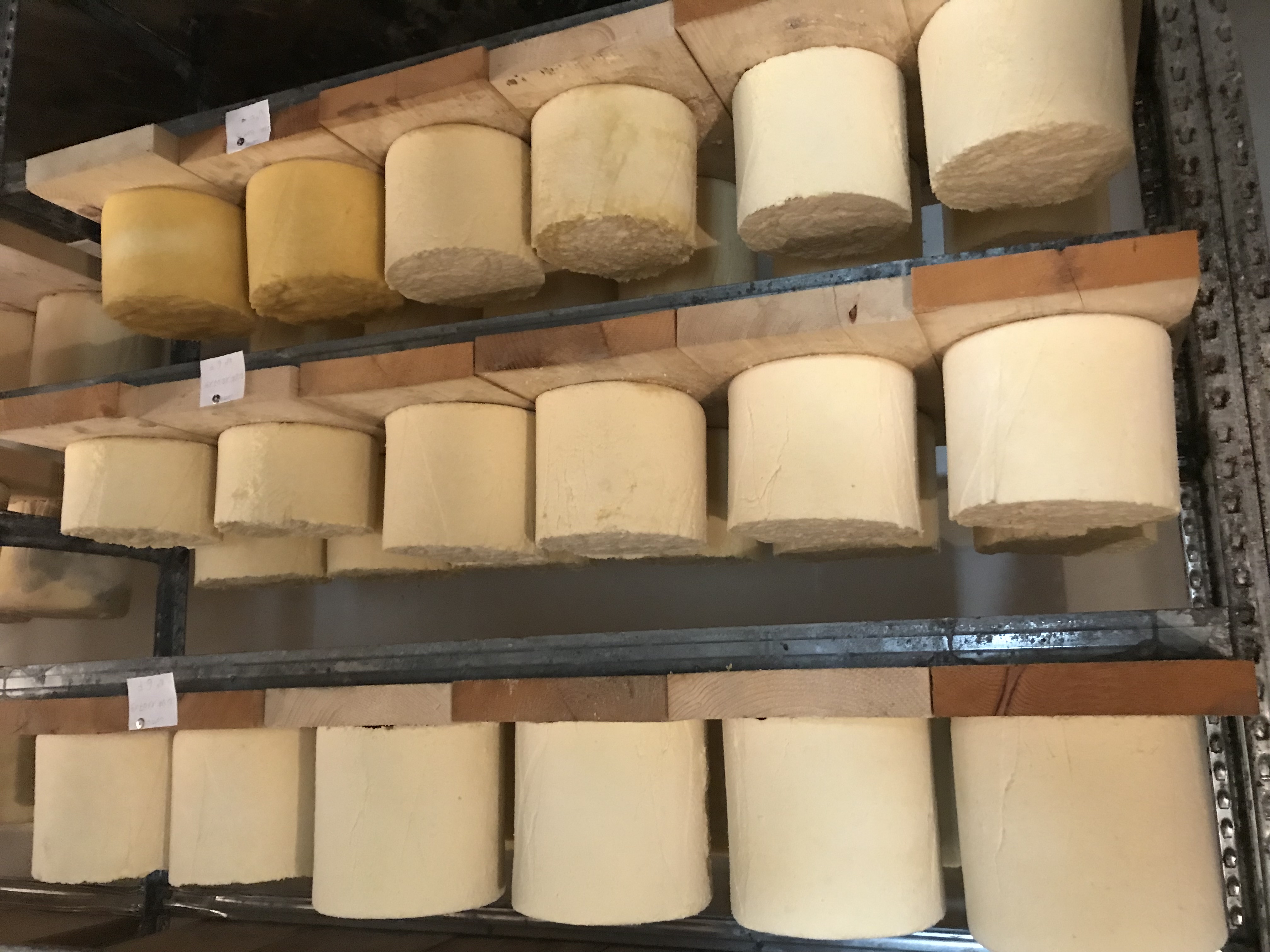The Artisan Food Law Blog


The European Court of Auditors (ECA) recently published a special report: Audit of the Control System Governing the Production, Processing, Distribution and Imports of Organic Products. The report sets out the results of a recent audit on the effectiveness of the arrangements for supervising organic production.
What we eat should surely be a matter of choice? Not in the UK since the 1950s so far as bread is concerned, but change may be afoot. Whilst we defend the right to raw drinking milk, we need now to put the case for real bread.
Health claims on food labelling and in advertising have become important marketing tools. The EU believes consumers expect accurate information about products and, in particular, any health claims made. A ‘health’ claim is any statement about a relationship between food and health. Food producers who claim health benefits for their products need to take note.
A little while ago I wrote about the debasement of ordinary words and their exploitation for pure commercial advantage. Dominos Pizza leads the pack as it cynically pushes the ‘Dominos Artisan Pizza’ and presumably relies on no lesser authority than Lewis Carrol’s Humpty Dumpty in Through the Looking Glass:
This year’s harvest of organically grown grapes may be the first to end up in a bottle labelled ‘organic wine’. Up until now the only EU-wide rule was that wine made from organically grown grapes, for which there are rules for organic production, could be labelled “wine from organic grapes”. Wine is the last sector not fully covered by EU rules on organic farming under Regulation (EU) 834/2007.
Watching the Board of the Food Standards Agency (FSA) discuss the Microbiological Safety of Raw Drinking Milk (as agenda item 4.2 was titled) and the proposed review of controls at its meeting last month was really rather depressing and the outcome entirely predictable.
The debasement of ordinary words that have no legal protection has been common enough. Much has been written about the abuse of ‘real’ ‘homemade’, ‘natural’, ‘local’ and ‘artisan’ being but a few examples. Only a few days ago Marion Nestle wrote in The Atlantic posing the question ‘Is 'Natural' the Most Meaningless Word on Your Food Labels?’ Although it was perhaps Dominos Pizza that took the abuse of ‘artisan’ to its most cynically exploited heights in launching ‘Dominos Artisan Pizza’ as “artisan pizza without the artisan price” while declaring “We’re not Artisans” on the box.
The Food Standards Agency (FSA) is to consider reviewing the arrangements governing the sale of raw drinking milk and cream when it next meets on 20 March. A report to the FSA Board prepared by the Agency’s Director of Food Safety sets out the current position and recommends the FSA fully assess the possible options for managing food safety risks: